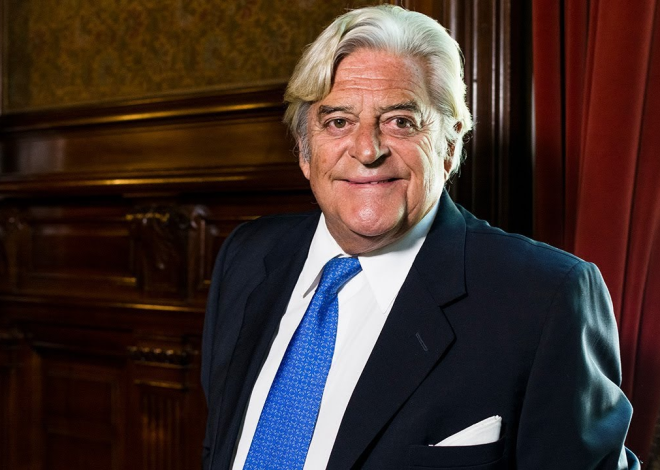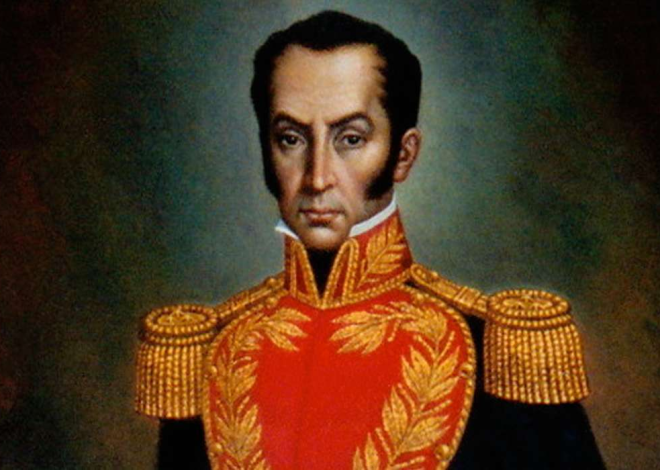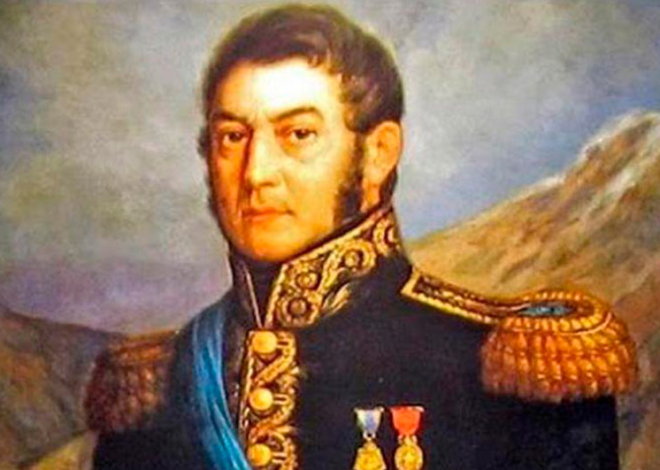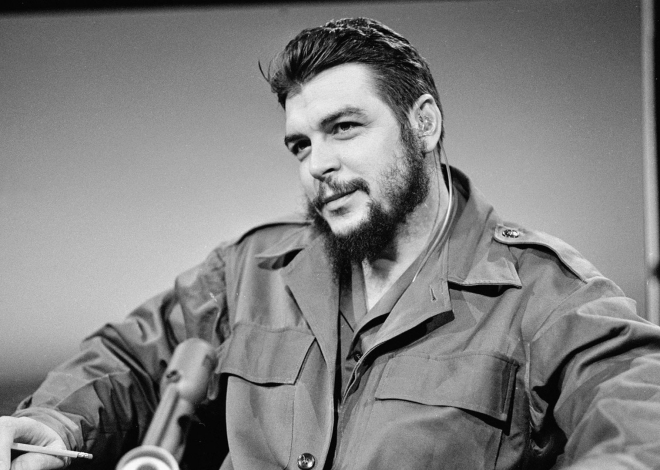
Néstor Kirchner
Néstor Carlos Kirchner was an Argentine politician who served as the President of Argentina from 2003 to 2007. He played a significant role in shaping the country’s political landscape and was known for his progressive policies.
Here is a detailed history of Néstor Kirchner:
Early Life and Education:
- Néstor Kirchner was born on February 25, 1950, in Río Gallegos, Santa Cruz Province, Argentina. He came from a working-class family and grew up in the southern region of the country.
- He studied law at the National University of La Plata and became politically active during his university years, aligning himself with left-wing and Peronist movements.
Entry into Politics:
Kirchner’s political career began at the provincial level in Santa Cruz. He served as the provincial governor from 1991 to 2003, during which time he implemented policies to promote economic development and infrastructure improvements.
Presidential Election and First Term (2003-2007):
- In the 2003 presidential election, Néstor Kirchner ran as the candidate for the Justicialist Party, a Peronist faction. He emerged as the winner, securing the presidency.
- Kirchner inherited a country facing economic turmoil, social unrest, and political instability. He pursued a series of progressive policies, including measures to stimulate the economy, address human rights abuses from the Dirty War era, and strengthen social programs.
- Under his leadership, Argentina’s economy began to recover, and the country experienced a period of sustained economic growth.
Human Rights and Accountability:
Kirchner played a crucial role in efforts to bring to justice those responsible for human rights violations during Argentina’s military dictatorship (1976-1983). He took steps to hold accountable those involved in state-sponsored terrorism.
Second Term and Wife’s Presidency (2007-2015):
- In the 2007 presidential election, Néstor Kirchner did not seek re-election, but his wife, Cristina Fernández de Kirchner, ran as the candidate for the Front for Victory coalition, which included Peronist and left-leaning factions. She won the election and served two consecutive terms (2007-2015).
- During Cristina Fernández de Kirchner’s presidency, Néstor Kirchner remained a prominent political figure and played a significant role in shaping her government’s policies.
Death and Legacy:
- On October 27, 2010, Kirchner passed away unexpectedly at the age of 60 due to a heart attack. His death had a profound impact on Argentine politics, and he was mourned by many of his supporters.
- Néstor Kirchner’s presidency is remembered for its emphasis on social justice, human rights, and economic recovery. His policies contributed to reducing poverty and inequality in Argentina.
- He is also credited with strengthening the role of the state in the economy and increasing government control over key industries, including energy and telecommunications.
- Kirchner’s legacy remains a subject of debate in Argentina, with supporters highlighting his contributions to economic stability and social programs, while critics point to issues of corruption and concerns about the concentration of power.
Néstor Kirchner’s leadership marked a significant period in Argentina’s history, and his influence on the country’s politics and policies continued through his wife’s presidency and beyond.







